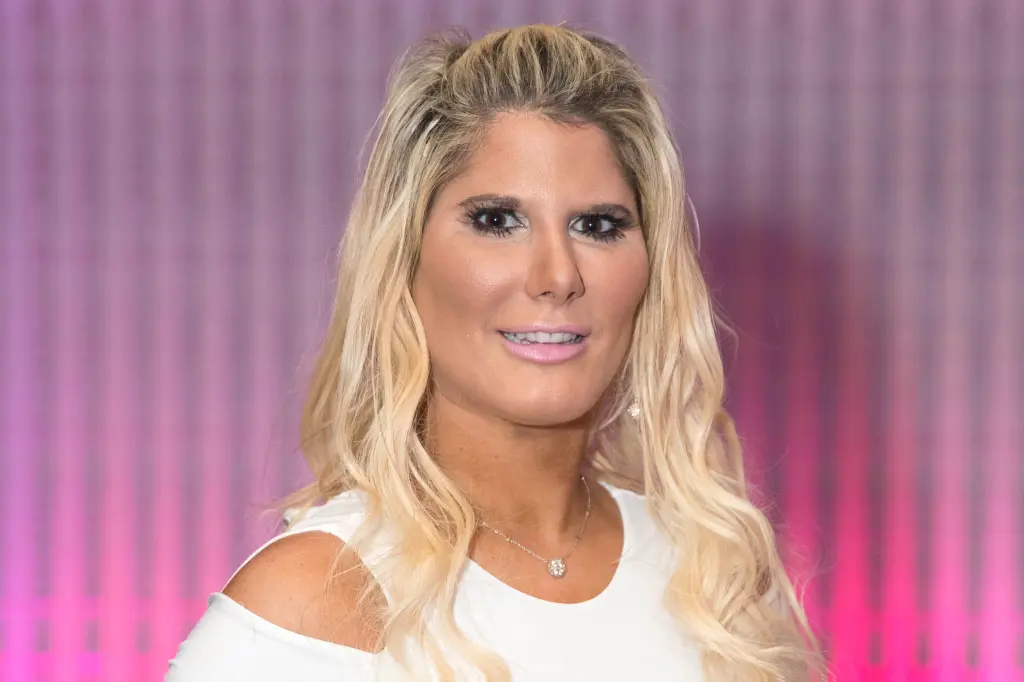Sara Burack, known for her appearances on Netflix’s Million Dollar Beach House and HBO Max’s Selling the Hamptons, has died at the age of 40. The luxury real estate agent was struck by a vehicle on June 19 near the Villa Paul Restaurant on Montauk Highway in the Hamptons. Authorities confirmed she was found unconscious at the scene and later transported to Stony Brook University Hospital, where she passed away. Police are actively searching for the driver, who fled the scene.
Burack Fought for Life, Surrounded by Family Remembered for Dedication and Success
According to a family friend and colleague from NestSeekers International, Burack went into cardiac arrest immediately after the incident but was resuscitated and placed on life support. Despite efforts to stabilize her, she suffered a fractured skull, brain bleeds, and severe brain trauma. Her mother and sister were with her during her final hours at the hospital, offering their support in her last moments.

Burack was a well-known real estate agent with NestSeekers International and built a successful career through hard work and dedication. A colleague remembered her as deeply committed to her profession and driven to succeed. Her appearances on real estate-focused television shows introduced her to a broader audience and reflected her professionalism and skill in handling high-end properties.
A Life of Giving Through Charity Community Service and Real Estate Dedication
Outside of real estate, Burack was devoted to charitable work. She co-chaired fundraising galas and black-tie events in New York City and helped raise money for multiple organizations. Friends and colleagues described her as generous, kind-hearted, and always willing to help others. Her impact extended well beyond her career, touching many lives through her efforts in the community.
In a 2020 interview, Burack shared that she got her start working in her family’s commercial construction materials business. Her interest in real estate grew after managing a summer rental property, which led her to become a broker. She spent more than a decade living part-time in the Hamptons, where she built strong client relationships and pursued her passion for property. Her sudden passing leaves a deep void for those who knew her personally and professionally.


